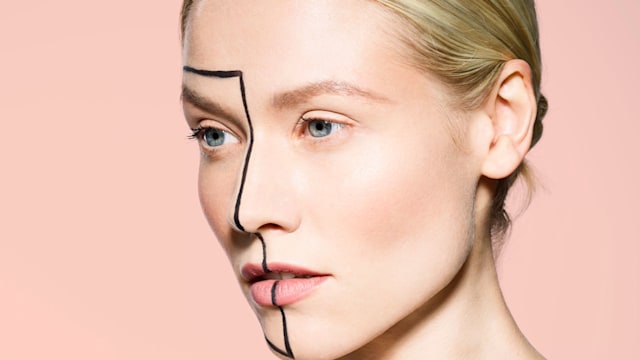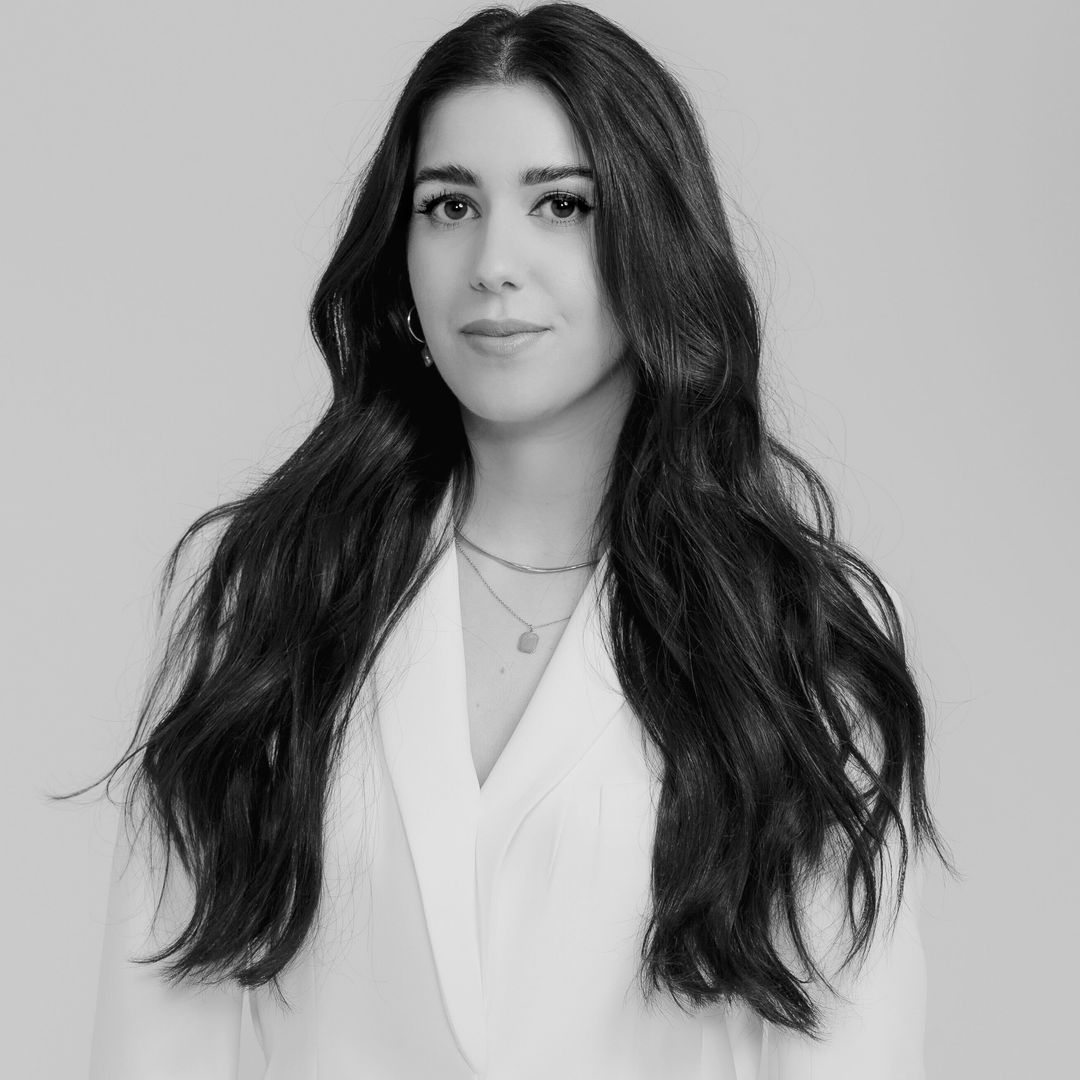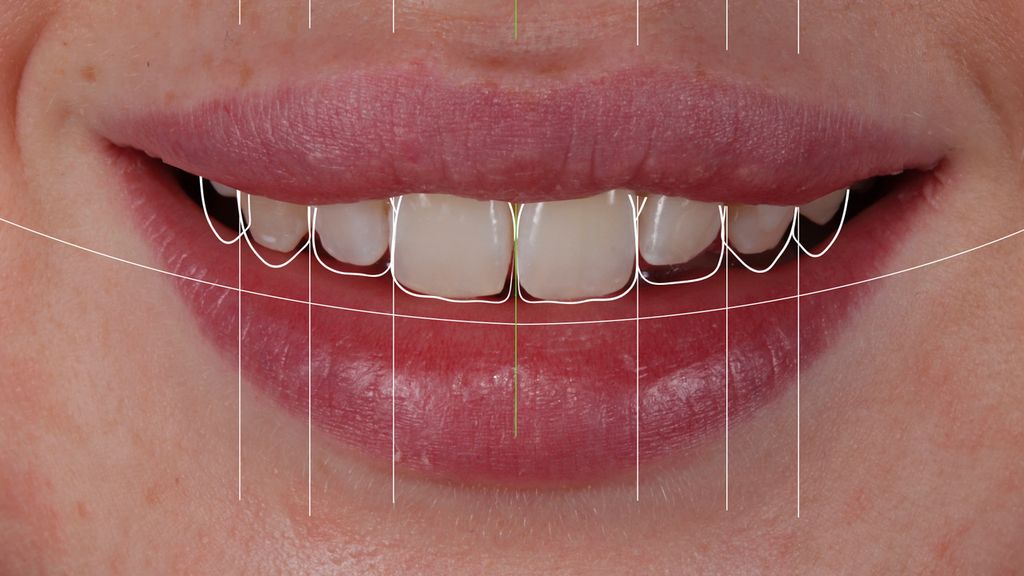Artificial intelligence is a hot topic as of late, but particularly so when it comes to the beauty industry. With advances in technology and new ways of working, what does the rise in AI mean for the way aesthetic treatments are performed?
We spoke to two experts in the field about what you should know about AI in aesthetics, and how you can expect the industry to shift.
How will AI impact the aesthetics industry?
Dr. Glyn Estebanez, an aesthetics doctor and surgeon who runs Dr. Glyn Medispa in London and Chester, says: “I think that there is a common misconception that AI is looking to replace human expertise in the aesthetics industry, and that is certainly not the case. But there are many ways in which AI may help to improve and enhance the patient experience.
“When combined with in-depth patient imaging such as MRIs, AI will help us to plan treatment strategies that fully consider the anatomy below the skin, even identify the locations of blood vessels to avoid injury during treatments. It can also help to use predictive modelling, allowing patients to see what a particular treatment would look like on them.
“In addition, it can help practitioners to identify skin concerns and allow them to implement individualised treatment plans which are tailored to a person’s specific needs."
Dr. Tom Crawford-Clarke, cosmetic dentist and founder of LUCEO Dental is already familiar with AI, having been using it in dentistry for over seven years. “From the very first appointment when I see my patients for consultations about how I can help improve their smiles, we are digitally planning their 'ideal' smile based on their unique facial proportions,” he said.
“This is known as facially driven smile planning, using AI technology that analyses their faces. This helps me design the most naturally perfect smile for each of my patients, before I add my own signature nuances to make their smile the best version possible.”
AI benefits for patients
According to Dr. Glyn Estebanez, “AI will be able to enhance the whole patient journey, from streamlining the booking process to planning and predicting patient treatment outcomes.
"Being able to use AI tools to have a visual picture of what a treatment would look like could also be hugely beneficial to patients and help to avoid anxiety and indeed unrealistic expectations and disappointment.
“Furthermore, combining AI with imaging devices such as skin analysis machines and even MRI will enable us to create completely bespoke treatment plans that can target very specific issues and underlying anatomical changes to achieve the safest and best results for our patients.”
Dr. Tom Crawford-Clarke believes in the power of harnessing AI in the pre-planning treatment stage, arguing: "Being able to show a patient what their new smile can look like after having orthodontic/Invisalign treatment is so powerful and invaluable for a patient before they commit to investing into the treatment. It allows for a much more informed consent process and gives a very good idea of the predicted outcome of the treatment.
“It can also show a digital image of the new shapes of the teeth we're planning to achieve with something like porcelain veneers or composite bonding, which again gives the patient a much more informed decision as part of the cosmetic treatment.”
Negatives with AI in aesthetics
Both experts agreed that there were potential limitations to AI in aesthetics, with Dr. Tom Crawford-Clarke explaining: “As medical professionals, we spend a lot of time educating ourselves to deliver better care to our patients. The worry [with AI] would be that less experienced practitioners are trying to substitute years of training, and relying on the AI tech that is available. This could in turn lead to a poorer outcome for patients if all the careful planning has not been carried out.
“For example, I could use AI and have a new smile suggested to me, but it may not function correctly for that patient, which something that only could be diagnosed from human experience. So, I see it as a very useful adjunct to my smile planning and treatments, not a substitute.”
Dr. Glyn Estebanez adds: “Whilst AI may be extremely useful in the aesthetics industry, it’s important to bear in mind potential limitations. For example, the fact that even the most sophisticated algorithms can sometimes produce unpredictable results, and the fact that it cannot be used as a substitute for human experience and expertise, but rather alongside it to support and complement it.”
Subscribe to HELLO!'s Beauty Collective newsletter for exclusive content straight to your inbox.


